Article
What Simone’s Step Back Teaches Us
It is OK to not be OK, even if you are the GOAT
Holly Murray
never miss a play
Get weekly articles on sport culture, relationships, and identity.
For eight years Simone Biles has taken the sport of gymnastics to new heights. She has collected 30 Olympic and world championship medals and has four eponymous skills to her name.
Leading up to the Tokyo Olympics, Biles was heavily favored to lead the American team to another team gold medal, as well as defend her Olympic titles from Rio. She quickly became the face of the Tokyo Olympics embracing the title of “GOAT,” an acronym for “Greatest of All Time.”
During the team final for women’s artistic gymnastics, the GOAT shocked the world. Biles did what was once considered unthinkable, she withdrew from the competition without a physical injury. During a warm-up on vault, Biles got lost in the air, she bailed out of the skill only completing 1 ½ twists rather than the planned 2 ½.
Expecting to be able to shake it off, Biles stood at the end of the runway ready to compete. The same thing happened again. She managed to pull the vault to her feet, saluted the judge and walked off the podium looking stunned.
“I don’t trust myself,” she told her coach as she walked out of the arena.
Biles returned to deliver the news to her teammates, she would not be continuing in the competition. She remained on the sidelines, cheering them on as they earned a second place finish as a team.
Following the competition Biles said, “I didn’t want to go out there and do something dumb and get hurt … so I knew for myself that I had to take a step back.”
Biles later noted that she was experiencing “the twisties,” a psychological phenomenon where a gymnast loses air awareness and control of his or her body. This caused Biles to uncontrollably stop twisting and get lost in mid-air during her vault.
The twisties are terrifying and dangerous. Gymnasts have been known to sustain serious injuries as a result of the twisties. Biles safely landing that vault on her feet was very lucky.
Biles is a trailblazer in the sport, in more ways than one. The sport of gymnastics teaches athletes to hide their pain, push through adversity and to toughen up at all costs. Biles challenged the culture of the sport on Tuesday when she withdrew from the remainder of the team competition, and later the all-around final.
This is a profound cultural moment in sports, what can we learn from it?
IT IS OK NOT TO BE OK
Leading up to the Games high-profile athletes like Michael Phelps, Naomi Osaka, and Liz Cambage publicly discussed their struggles with mental health. We see these athletes battling for gold with their opponents, but we often miss the invisible battle occurring in their minds.
Approximately one in three elite athletes suffer from anxiety and depression. Our Olympic idols are susceptible to this invisible battle, and so are we. If Biles can demonstrate that it’s OK to not be OK on the world’s biggest stage in sports, then we can know it is OK for us to not be OK as well.
WE ARE MORE THAN WHAT WE DO AND ACHIEVE
Referring to elite athletes who struggle with mental health, Biles said, “At the end of the day, we’re human, too, so we have to protect our mind and our body rather than just go out there and do what the world wants us to do.”
Whether she realizes it or not, Biles made an important theological statement: An athlete’s worth does not come from what they do, even at the Olympics.
The Bible tells us that all of humanity is made in God’s image, giving us inherent value and worth. After creating humankind in His image, “God saw everything He had made, and behold, it was very good” (Genesis 1:31, English Standard Version). Our goodness and worth as humans does not come from gold medals or what we do or achieve, it comes from God alone.
WE HAVE LIMITATIONS AND BOUNDARIES
It can be difficult to discern our body’s physical and mental limits, especially when they interfere with achieving a goal. For Biles, the twisties revealed her limit. It was a warning sign that she needed to stop and care for her mental health and well-being.
In response to her limit, Biles set a healthy boundary: to step away from competition.
American sports culture often associates limits and boundaries with weakness and failure; but the Bible celebrates and boasts about limits and weakness because in them our need for Christ and His work in our lives is revealed (2 Corinthians 12:9,10). It takes humility and wisdom to identify limits, and courage to set boundaries.
Humility, wisdom and courage are character qualities personified by Jesus. In her withdrawal from competition, Biles honored and glorified God by displaying Christ-like character. We can follow Biles’ example and glorify God through the establishment of healthy boundaries in our own lives too.
Biles’ very public struggle with mental health at the Olympics has ignited conversations surrounding unhealthy culture in sports, and mental health in a way that will transcend any Olympic medal. Her legacy as the GOAT will forever be etched in history; both for her astounding athletic accomplishments, but more importantly for her example of character in these Games.
It is OK to not be OK, even if you are the GOAT.
READ THE LATEST
Where sport culture, relationships, character, identity, and faith collide.



